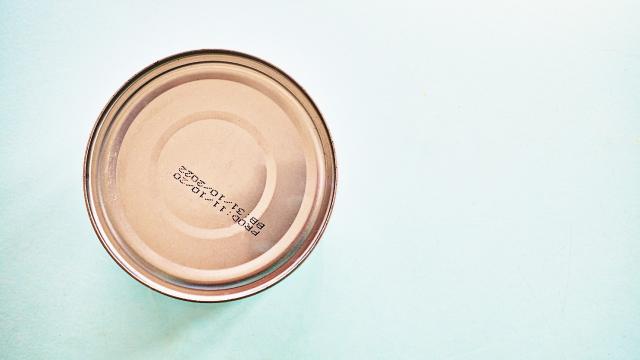Expiry dates on food items are a health and safety measure, but they’re also the mortal enemy of food waste.
World Food Safety Day took place this week and it got us wondering, how accurate are those food expiry labels? And what’s really the difference between use-by and best-before dates?
Use-by vs best-before
While they might seem the same there is a solid difference between use by and best before dates.
According to a report released by UNSW, a use-by date indicates that the product cannot be guaranteed after the displayed date. It is illegal for retailers to sell food after its use-by date due to health and safety regulations.
A use-by date usually applies to foods where their spoilage may not be clearly noticeable before consumption. This includes things like pasteurised milk, meats or chilled ready-to-eat meals.
A best-before date, on the other hand, indicates that a product is still safe to eat but it may decrease in quality after this date has passed. This is assuming its packaging remains intact or it has been properly stored after opening.
Varying temperatures, physical damage or broken packaging are all things that can impact an item’s preservation and its recommended best-before date.
Retailers are allowed to sell food items that have passed their best-before dates – assuming it still appears edible. Best-before date items usually include shelf items like canned fruits, confectionery, sugar, cereal, frozen products and fermented products like yogurt.
How long is an item safe to eat after its expiry?
When it comes to how much leeway you get after an item has passed its best before date, it varies.
UNSW recommends you look for signs of deterioration, spoilage and damage such as mould, slime, rancidity, off colours or odours, staling, broken packaging or gas production.
You can also better ensure an item will last its use-by and best-before dates by storing it according to the manufacturer’s instructions. Sometimes these are essential for the health and safety of the product so it’s important to read the storage instructions on your item.
Hopefully, a better understanding of food expiry dates will help to reduce unnecessary food waste in day to day life.

Leave a Reply
You must be logged in to post a comment.